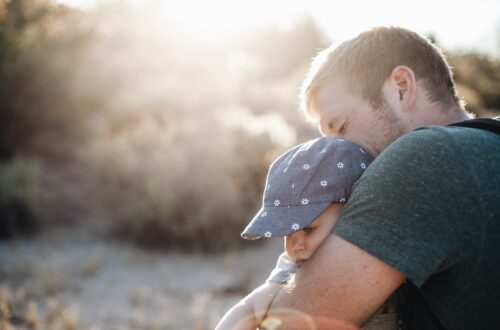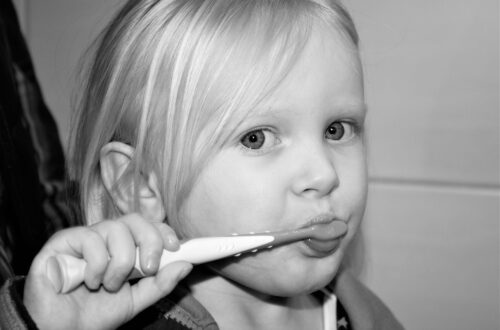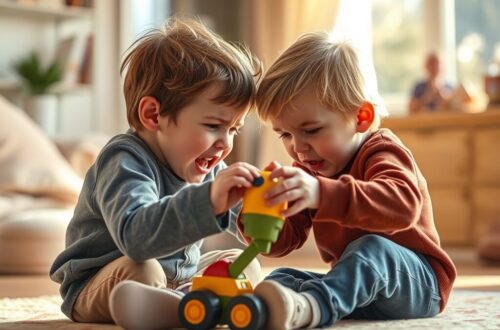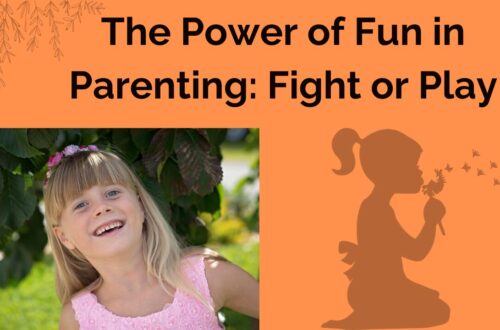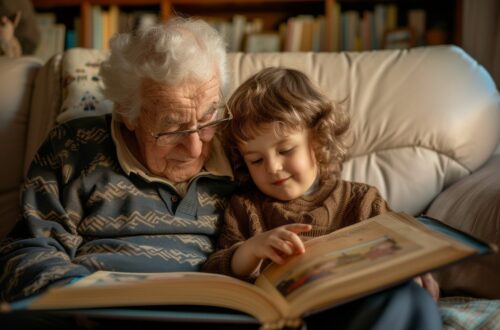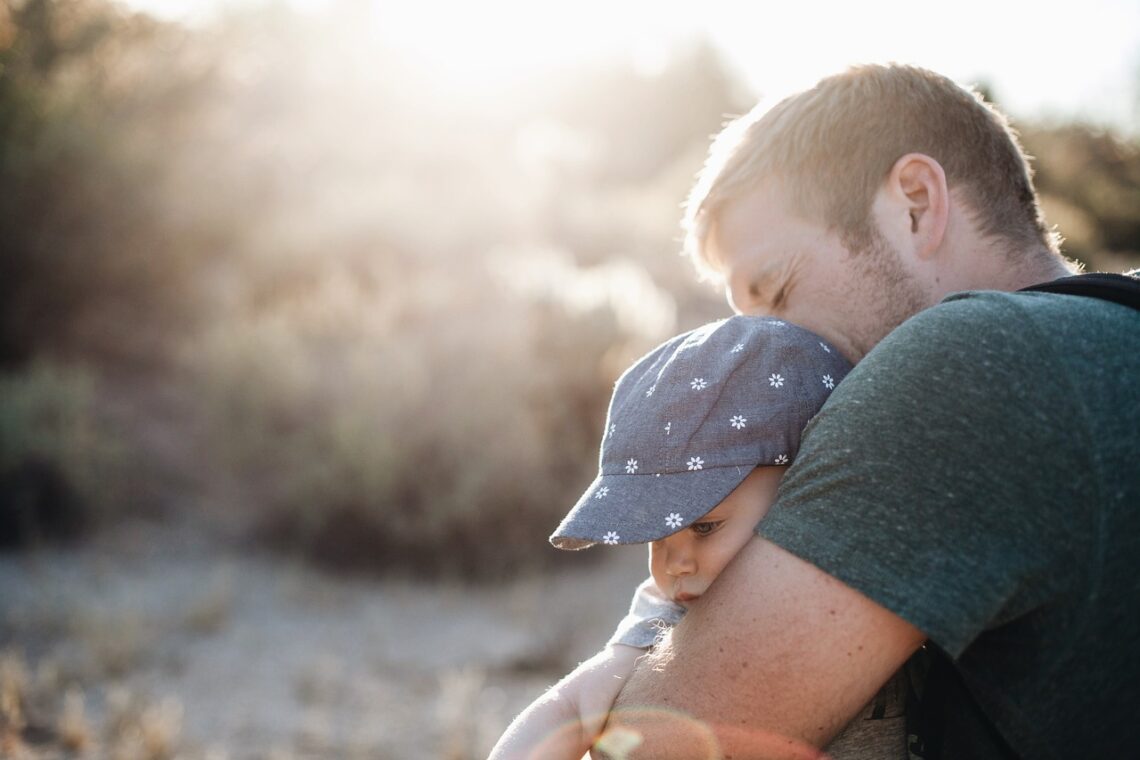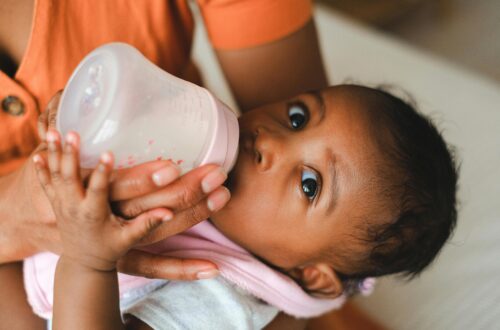-
The Importance of Talking to Your Baby
The importance of talking to your baby should not be overlooked. Although they are unable to chat back, taking time to speak to them throughout the day can be beneficial. The importance of talking to your baby in the womb It may feel silly talking to your baby whilst they are still in utero. In fact, the importance of talking to your baby in the womb has been highlighted by research into prenatal language development. Studies have shown that from about 16 weeks, a baby begins to hear the world outside their mother’s womb. By 24 weeks, they will respond to their mother’s voice. This means they can identify their…
-
Is Positivity Actually Powerful?
The power of positivity is a well-worn phrase, but is positivity powerful? Is it something that you should teach your children, or just the latest fad, traded on by self-help gurus and personal improvement books? Some think that by merely believing hard enough in something good, you can make it happen. Or some don’t think bad things will happen to them. The former are unlikely to take action, as they see their faith as enough. The latter is unlikely to take precautions. In opposition, there are those who think that things are what they will be, and there is very little that you can do to change them. A lot…
-
The Joy of Parenting- Finding the Sunshine in the Storm
The joy of parenting is difficult to speak about without at least a little sarcasm. Blow out diapers on the way out the door, meltdowns in supermarkets, and a constant sense of self-doubt and guilt as you try to love and raise your little ball of crazy. Who could miss the joy, right? Parenting is hard. It is messy, frustrating, and sometimes both physically and emotionally draining. Of course, there are good moments, not only when the children finally nap. Watching your little one grow and explore the world, and standing by them as they learn who they are, is incredible. Often, however, the moments of joy are lost in…
-
What parenting style is best for your child?
What parenting style is best for your child is something that many people will differ on. A few decades ago, many believed that the only proper way to parent a child was to instil unquestioning obedience via punishments and spanking if needed. Since those days, the norm has changed. Now, society sees spanking as abusive and unkind. In some cases, however, the pendulum has swung to the other extreme. It is not uncommon in our current times to find households where parents give the children free rein. Some little ones are allowed to do what they want when they want it. Despite the controversy, what parenting style is best for…
-
Is peaceful parenting passive?
The difference between peaceful and passive parenting is often blurred. This hazy line means peaceful parenting has become associated with parents watching with besotted smiles as their little whirlwind whips around, creating unchecked havoc. The truth is that peaceful parenting does not mean being passive and waiting for inappropriate behaviour to correct itself. It also does not mean allowing your child’s whims to rule the family. Peaceful parenting is active and engaged. Peaceful parenting is not always Peaceful As a peaceful parent, you will try to bring peace to situations. Your child will sometimes bring the storm as they battle against rules and expectations. The temptation may be to avoid…
-
Parenting by Example – How to be a Role Model for Your Children
The importance of parenting by example is often denied in the tongue-in-cheek adage, ‘ Do as I say, not as I do.” Of course, this never works. Children are social learners. They copy the behaviour they see demonstrated, rather than follow verbal instructions. As a parent, this can be hard to watch. It may feel like your children’s behaviour is a mirror, reflecting all of you. The good and the bad, from behavioural habits to vocal tics. Children are observational learners There are multiple theories exploring how children learn. Social learning theory highlights the important role that observation of other people plays in a child’s learning journey. It isn’t always…
-
What to Do When Siblings Fight
When siblings fight it can be beyond frustrating. Battles can transform moments that you hoped would be peaceful into moments that are fraught with anger and strife. The fact that it is normal for siblings to fight is little comfort while their wars are raging. So, can anything be done to promote a ceasefire, or perhaps even an alliance between brothers and sisters? Why siblings fight? Children are a work in progress. They do not come complete with impulse control, empathy or the ability to put situations in perspective. In time, they will learn and develop the skills to help them co-exist peacefully with other humans. Unfortunately, it is a…
-
How to Garden With a Child
Taking time to garden with a child can create an opportunity to bond. Even if you do not have outside garden space, there are indoor plant projects that you can embark on. Why garden with your child? Gardening with your child is a lot of fun, but it also has other benefits. Spending time connecting with nature and being surrounded by plants and earth has been proven to improve emotional regulation and well-being. Gardening also develops a wide range of essential skills, such as fine motor control through planting little seeds and patience as they water plants daily, waiting for them to grow. It can be educational in a natural…
-
Children and Mobile Phones: The Good and the Bad
Children and mobile phones is a topic that causes a lot of controversy. Are they bad and dangerous or important for safety? According to a survey by Offcom, almost a quarter of children between five and seven years old have a mobile phone. You may, quite rightly, be horrified by that statistic. A five-year-old does not need a mobile phone. Nor does a seven-year-old. The correct age, however, is a question that many are still asking. What is the right age? There is no set age that experts agree on as being right for a child to have a phone. Many suggest looking at the child’s maturity and ability to…
-
How to Fix Separation Anxiety in Children
When looking at how to fix separation anxiety in children, it is important to understand the root cause of the anxiety. By understanding what our children are feeling, and why, we become better equipped to be able to support them through their tricky moments, and help them to come out stronger. What causes separation anxiety in young children? The first thing it is important to know is that separation anxiety is normal. Between the ages of six months and three years old, most children will exhibit signs of separation anxiety in some form. As babies grow, they are constantly learning. One big development is the understanding that things and people…






